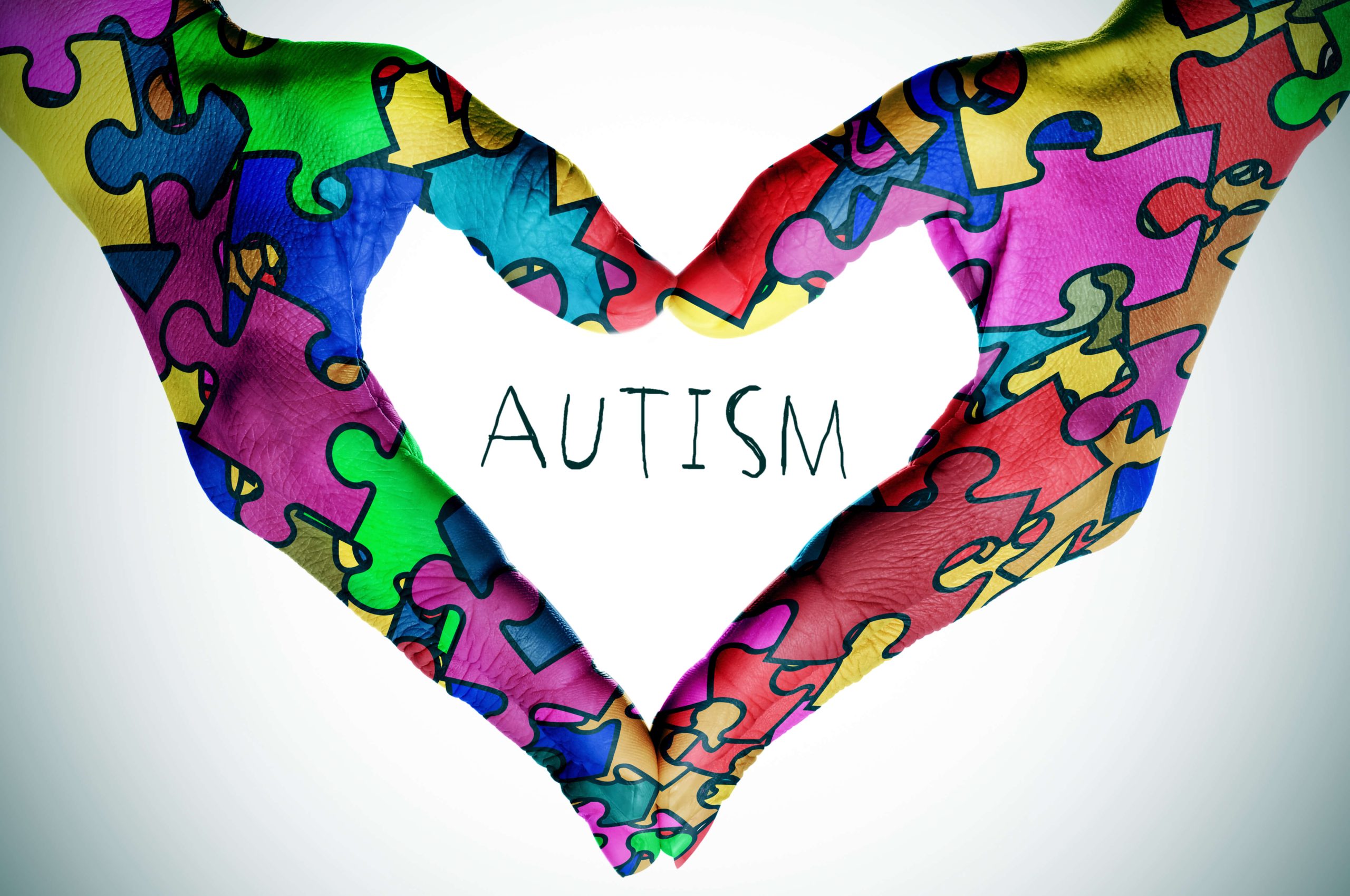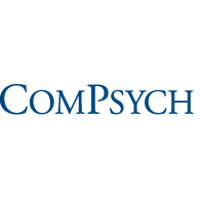
Each July, we observe Minority Mental Health Awareness Month, a nationwide initiative designed to raise awareness about the mental health struggles disproportionately affecting minority populations in the United States. At Crosspointe Recovery, we recognize the pressing concerns surrounding disparities in mental health care access, quality, and outcomes between majority and minority communities. This awareness month serves as a reminder of the importance of tailored, culturally competent care, which lies at the core of our approach to treatment.
The Reality of Minority Mental Health: A Closer Look at Mental Health Concerns in Minority Communities
Mental health disorders impact individuals from all walks of life, but they are more prevalent and often more severe in minority populations. Factors such as social, economic, and environmental circumstances contribute to these disparities. For instance, a report from the Substance Abuse and Mental Health Services Administration (SAMHSA) highlighted that in 2018, over seven million Hispanic adults in the U.S., accounting for 16.3%, suffered from a mental health disorder.

Unveiling Mental Health Stigma in Minority Communities
Among minority populations, mental health stigma creates a significant barrier to seeking and receiving necessary help. Misconceptions, fear, and lack of knowledge about mental health contribute to societal discrimination and individual self-stigma. This barrier is reflected in lower treatment rates, with only 31.6% of African American individuals with mental health disorders receiving treatment, compared to the national average of 43.1%.
Accessibility of Mental Health Care for Minorities
In addition to stigma, multiple obstacles prevent minorities from accessing mental health care. Language barriers, insufficient insurance coverage, and a lack of culturally competent providers pose challenges. Structural issues like racism and discrimination further exacerbate the barriers to care. A report by the American Psychological Association revealed that in 2015, only 15.6% of Asian adults with mental illnesses received treatment, representing the lowest rate among U.S. adults across all racial and ethnic groups.
The Necessity of Culturally Sensitive Care
Culturally sensitive care is vital to effective mental health treatment. Healthcare providers must understand and respect the cultural backgrounds, beliefs, and values of their patients to develop strong therapeutic relationships and implement effective treatment strategies.
The Intersection of Minority Mental Health and Addiction
Mental health disorders and addiction often coexist, particularly within minority populations. Discrimination, acculturation-related stress, and socio-economic hardships are stressors that contribute to both mental health problems and substance use disorders. According to the National Survey on Drug Use and Health (2017), 18.7% of adults with mental health disorders had a substance use disorder within the past year, highlighting the need for comprehensive treatment approaches.
Crosspointe Recovery’s Commitment to Minority Mental Health
At Crosspointe Recovery, we deeply recognize and address the unique mental health needs of minority populations. Our treatment approach encompasses culturally sensitive care, comprehensive services that address both mental health and addiction, and continuous efforts to dismantle barriers preventing minorities from receiving adequate care. During Minority Mental Health Awareness Month, we acknowledge the disparities and challenges faced by minority populations in accessing mental health care. At Crosspointe Recovery, we remain dedicated to providing tailored, culturally competent care that addresses the specific needs of minority communities. By raising awareness, promoting understanding, and implementing comprehensive treatment approaches, we strive to bridge the gap and create a more equitable mental health care system for all.

















